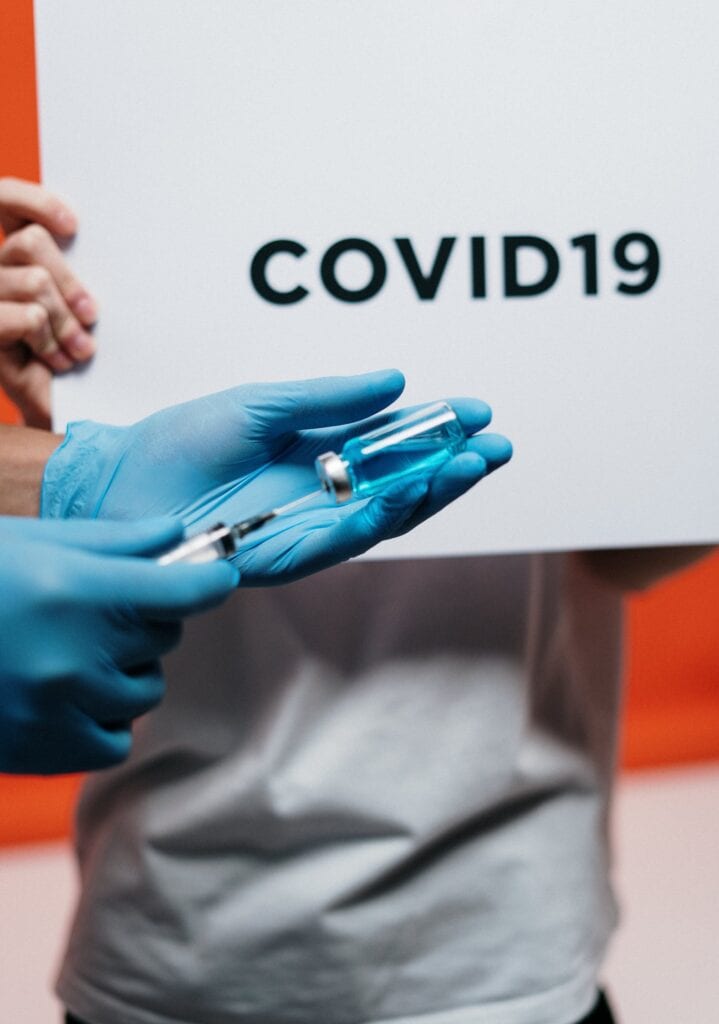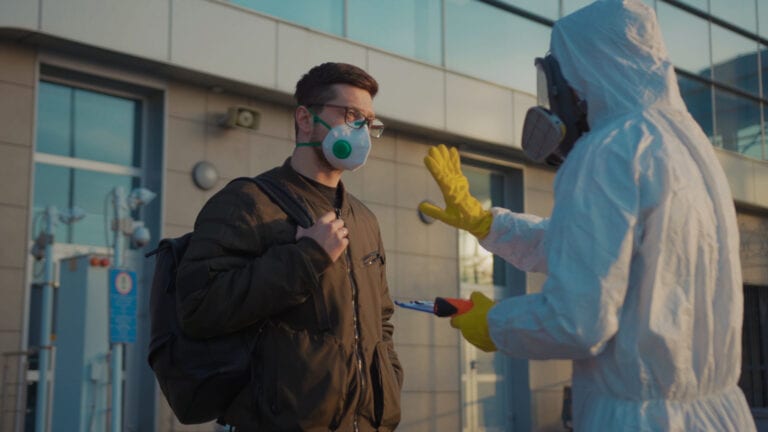In the future, people may be required to get an immunity passport before they are allowed to get on an airplane. Some airlines like Qantas already plan on instituting vaccine requirements for all passengers. At the moment, the World Health Organization (WHO) is looking into the topic as well.
While its stance may change later, the WHO does not currently recommend requiring immunity passports for patients who have already been sick with COVID-19. Natural immunity is hard to guarantee because it can vary from person to person. With a vaccine, it is easier for scientists to estimate the level and duration of someone’s immunity.
Because of this, the WHO is reviewing the way e-vaccination certificates work. Right now, Estonia and the United Nations are working on a pilot project that involves issuing a smart card to individuals who have already had COVID-19. Eventually, these cards could help with tracking other health care data.
After months of waiting, vaccinations are finally becoming a reality. In Britain, the first vaccine was approved on December 2, 2020. While the Pfizer and BioNTech vaccine was the first one approved, AstraZeneca and Moderna also have vaccines that are waiting for approval.

While the WHO is interested in seeing how the program plays out in Estonia, it does not currently recommend using immunity passports. Even rapid antigen tests may not be effective for preventing the spread of COVID-19 on flights. Because these tests can lead to false negatives, some people may still be positive for COVID-19 when they get a negative test result.
To support the fight against COVID-19, Qantas will soon require passengers to show proof of vaccination before they board a Qantas plane. This measure is intended to encourage vaccination and protect the health of everyone on the flight. The Australian airline might be the first company to announce this requirement, but it is unlikely to be the last.

